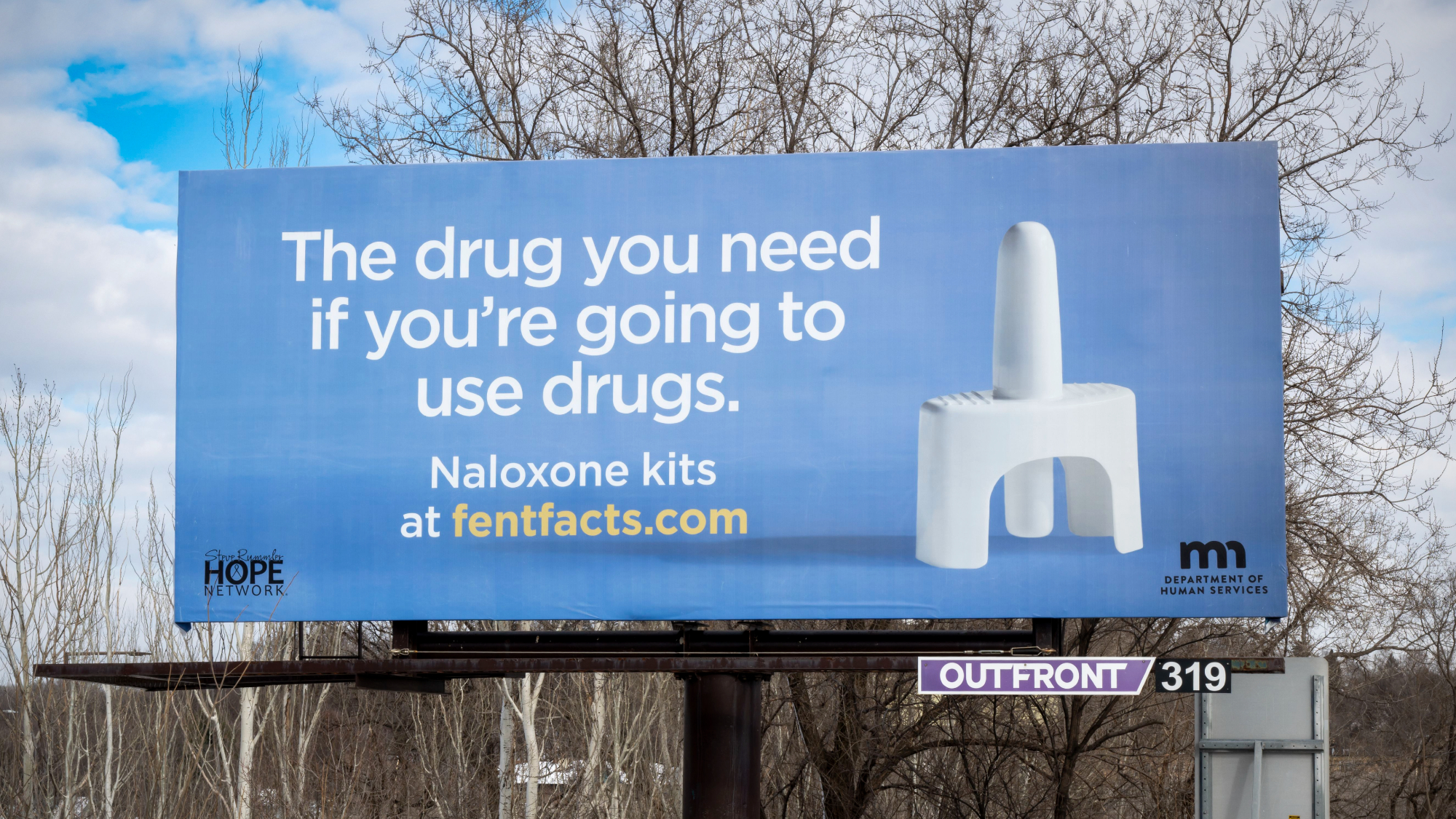US overdose deaths plunged 27% last year
Drug overdose still 'remains the leading cause of death for Americans aged 18-44,' said the CDC


A free daily email with the biggest news stories of the day – and the best features from TheWeek.com
You are now subscribed
Your newsletter sign-up was successful
What happened
Deaths from drug overdoses dropped 27% in 2024, the largest one-year decline on record, the Centers for Disease Control and Prevention said Wednesday. Nearly 30,000 fewer people died from overdoses, according to the CDC's preliminary numbers, though the 80,391 recorded fatalities still topped the total for 2019, before a spike in overdoses during the Covid-19 pandemic.
Who said what
Every state but Nevada and South Dakota recorded fewer fatal overdoses last year, and Ohio, West Virginia and New Hampshire saw declines of 35% or more. "No single reason explains the sudden drop in deaths," The Washington Post said, but experts cited a combination of the increased availability of overdose-reversing drug naloxone, expanded addiction treatment and prevention programs, shifts in drug use and supply and "the grim reality that fentanyl has killed so many regular users that there are fewer people at risk of overdose."
Drops in fatal overdoses "don't just happen overnight," Sheila P. Vakharia at the Drug Policy Alliance told the Post, and in this case "we can credit them to the Biden administration's work." President Donald Trump views illicit drugs as "largely a law enforcement issue and as a reason to step up border security," The Associated Press said.
The Week
Escape your echo chamber. Get the facts behind the news, plus analysis from multiple perspectives.

Sign up for The Week's Free Newsletters
From our morning news briefing to a weekly Good News Newsletter, get the best of The Week delivered directly to your inbox.
From our morning news briefing to a weekly Good News Newsletter, get the best of The Week delivered directly to your inbox.
What next?
Drug overdose "remains the leading cause of death for Americans aged 18-44, underscoring the need for ongoing efforts to maintain this progress," the CDC said in a statement. "I don't see how it can be sustained," given the Trump administration's "deep cuts" to "many of the programs that have been driving these reductions," Brandeis University epidemiologist Traci C. Green told The New York Times. "It seems ridiculous to cut that momentum so dramatically."
A free daily email with the biggest news stories of the day – and the best features from TheWeek.com
Peter has worked as a news and culture writer and editor at The Week since the site's launch in 2008. He covers politics, world affairs, religion and cultural currents. His journalism career began as a copy editor at a financial newswire and has included editorial positions at The New York Times Magazine, Facts on File, and Oregon State University.
-
 How the FCC’s ‘equal time’ rule works
How the FCC’s ‘equal time’ rule worksIn the Spotlight The law is at the heart of the Colbert-CBS conflict
-
 What is the endgame in the DHS shutdown?
What is the endgame in the DHS shutdown?Today’s Big Question Democrats want to rein in ICE’s immigration crackdown
-
 ‘Poor time management isn’t just an inconvenience’
‘Poor time management isn’t just an inconvenience’Instant Opinion Opinion, comment and editorials of the day
-
 A Nipah virus outbreak in India has brought back Covid-era surveillance
A Nipah virus outbreak in India has brought back Covid-era surveillanceUnder the radar The disease can spread through animals and humans
-
 Is the US about to lose its measles elimination status?
Is the US about to lose its measles elimination status?Today's Big Question Cases are skyrocketing
-
 Mixed nuts: RFK Jr.’s new nutrition guidelines receive uneven reviews
Mixed nuts: RFK Jr.’s new nutrition guidelines receive uneven reviewsTalking Points The guidelines emphasize red meat and full-fat dairy
-
 Trump HHS slashes advised child vaccinations
Trump HHS slashes advised child vaccinationsSpeed Read In a widely condemned move, the CDC will now recommend that children get vaccinated against 11 communicable diseases, not 17
-
 A fentanyl vaccine may be on the horizon
A fentanyl vaccine may be on the horizonUnder the radar Taking a serious jab at the opioid epidemic
-
 Vaccine critic quietly named CDC’s No. 2 official
Vaccine critic quietly named CDC’s No. 2 officialSpeed Read Dr. Ralph Abraham joins another prominent vaccine critic, HHS Secretary Robert F. Kennedy Jr.
-
 Nitazene is quietly increasing opioid deaths
Nitazene is quietly increasing opioid deathsThe explainer The drug is usually consumed accidentally
-
 More adults are dying before the age of 65
More adults are dying before the age of 65Under the radar The phenomenon is more pronounced in Black and low-income populations
